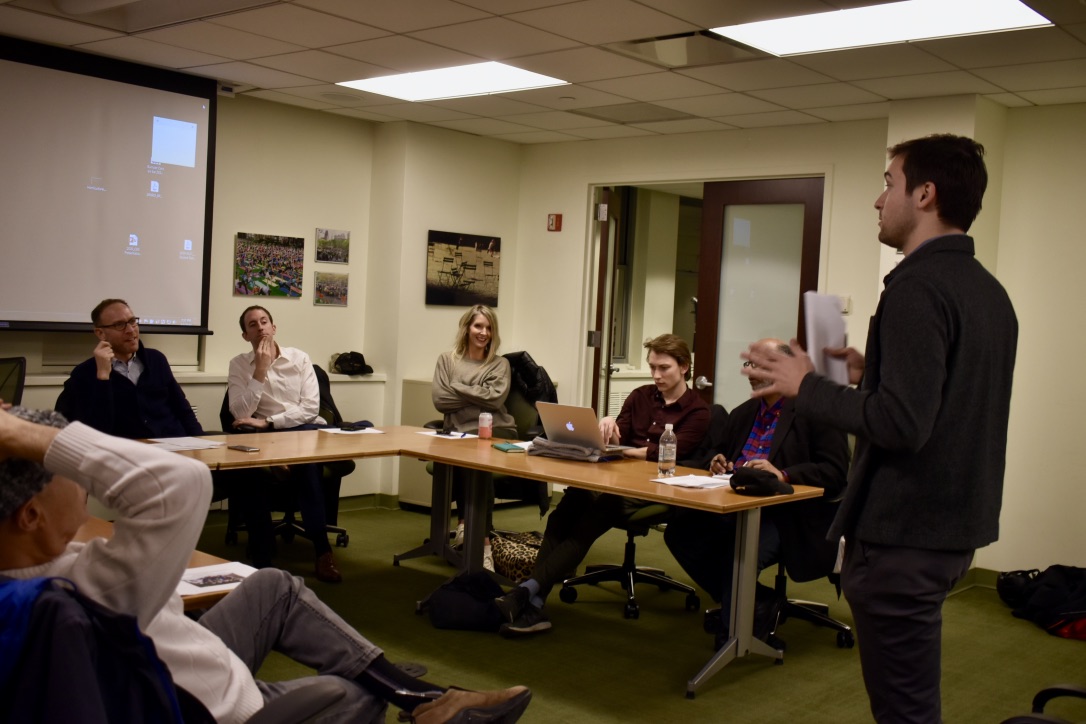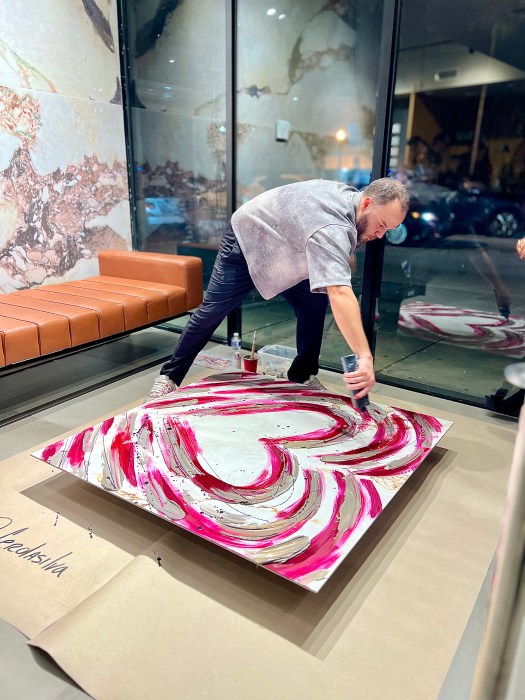By Chriss Williams
Councilmembers Ben Kallos and Carlina Rivera’s bill banning the use of chemical pesticides in city green spaces is gathering community support.
Manhattan’s Community Board 5 Parks and Public Spaces Committee, which covers a center slice of Midtown from 59th to 14th Sts., unanimously passed a resolution in favor the legislation on Monday Feb. 3.
“It’s a very dangerous chemical,” said spokesperson for Councilmember Rivera Jeremy Unger. “This is long overdue.” Under the bill, the Parks Department would be prohibited from using pesticides with glyphosate, the active ingredient in the popular weed killer Roundup. In 2013, Parks sprayed Roundup 1,300 times. Since 2014 the agency has cut their use of glyphosate-based weed killers by 70 percent, a spokesperson said. When Parks does use glyphosate, it does not spray the chemical inside of playgrounds, dog runs or “when the public is in the immediate vicinity” the spokesperson added.
At the meeting, Unger cited a 2015 World Health Organization’s International Agency for Research of Cancer (IARC) study which linked glyphosate to cancer as evidence to do away with the synthetic weed killer. But there is not a complete consensus in the scientific community on the effects of the compound on humans which some members of the community board brought up.
“There is substantial debate and controversy and it’s not settled,” said committee member Tod Shapiro. He then asked Unger if the “feel good legislation” was sort of a liberal “hobby horse political thing, divorced from actual substance?”
Two years after the WHO study, the European Commission reauthorized the pesticide until 2022. And earlier this year, the Environmental Protection Agency (EPA) reiterated their 2019 stance on the chemical stating that there are “no risks of concern to human health” when glyphosate is used in accordance with its current label. The EPA decision comes a year after high-profile case were a California couple claimed they got non-Hodgkins Lymphoma after using Roundup for years.
But the EPA and European Commission findings have come under question. Last year, the European parliament issued a statement saying that EU regulators based their decision to re-license the weed killer on a plagiarized report. There are also reports on how Monsanto, the producer Roundup before the product was purchased by Bayer, funded a study to discredit the WHO findings.
New York is not the first city to consider such legislation. Over the last few years, several other cities including Seattle, Austin, Miami and countries like Belgium have passed partial or full bans on glyphosate pesticides.
Unger told C.B.5 that naturally produced pesticides have been effective in Chicago’s parks. “In some cases [natural pesticides] are more effective at controlling pests because they are often designed specifically to control one type of pest whereas Roundup is a chemical based pesticide is sort of a blanket attack on every kind of pest and living thing in an area.”





































